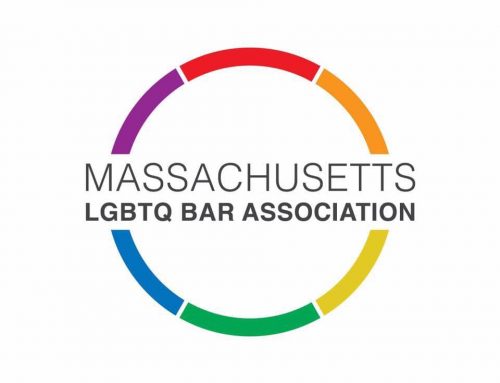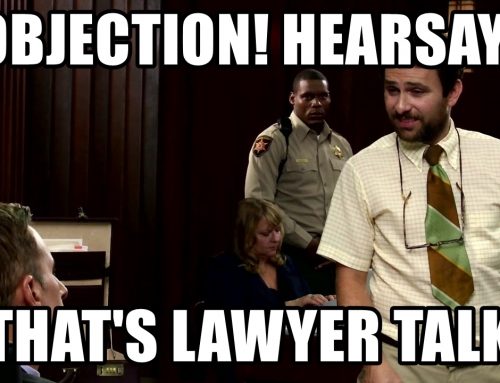In many states, including Massachusetts, residents can legislate directly through the ballot initiative process. Recently, such proposals have included: expanding bottle deposits, repealing the casino law, and mandating paid employee sick leave.
In MA, the process for bringing forth such petitions is detailed in Article 48 of the Massachusetts Constitution. First, the proposal must have the support of ten voters. Then, the Attorney General must review the proposal to make sure it does not touch upon “excluded matters,” which themselves are enumerated in the MA Constitution. For instance, ballot measures regarding religion, religious practices, or the appointment of judges are strictly prohibited.
The Massachusetts Constitution also prohibits ballot petitions that infringe on personal liberties. Such liberties are found in the first part of the MA Constitution, which is known as the “Massachusetts Declaration of Rights.” While the Massachusetts Constitution was revolutionary at the time it was ratified in 1780, it is very much a living document that has changed with the times. In 1976, the language pertaining to personal liberties was expanded to state: “Equality under the law shall not be denied or abridged because of sex, race, color, creed or national origin.” see MA Constitution, Article CVI.
So long as a ballot initiative does not infringe upon personal liberties or other excluded matters, the Attorney General will certify the initiative for filing with the Secretary of State. Having passed this first hurdle, initiative proponents must then gather signatures. (Specifically, proponents must gather a number of signatures equal to 3% of votes cast for Governor in the most recent election, roughly 69,000.) If this second hurdle is cleared, the initiative is sent to the Legislature, which can either approve it, disapprove it, propose a substitute, or take no action. If the legislature does not enact the proposed initiative within five months, the proponent must then gather a second round of signatures (this time 0.5% or votes cast for Governor in the most recent election, approximately 11,000). If this third hurdle is cleared, and all signatures are verified, then the initiative is placed on the ballot. The Secretary of State and Attorney General are responsible for creating a summary of the proposed initiative along with easy-to-understand explanations of the effect of a yes or no vote. Ballot measures that pass with a simple majority of votes take effect in thirty days.
Now that you are an expert on Massachusetts ballot initiatives, let’s take a look at California. In the Golden State, initiative proponents must first submit a text of the measure to a lower level official at the California Attorney General’s office, along with contact information and a $200 deposit. After a 30 day public review period, proponents may, but need not, alter the text of the initiative. After the initial public comment period, the Attorney General must draft a brief title and summary of the proposed petition within 15 days. Only then may the proponent begin to gather signatures. If the requisite signatures are gathered and verified, the initiative is put to vote.
You will notice that the process in California does not include initial review of the proposal by the Attorney General to make sure it does not infringe upon personal liberties. You will also notice that the Attorney General must draft a title and summary of the proposed petition prior to signature collection.
Such is the state of the law in California, and thus the basis of the conundrum facing Attorney General Kamala Harris. Harris has been presented with a petition drafted by California lawyer Matthew McLaughlin called the “Sodomite Suppression Act,” which proposed that gay people be “put to death by bullets to the head or by any other convenient method.” Now, had such a ballot initiative been proposed in Massachusetts, it would fail initial review by the Attorney General, as it clearly violates the Massachusetts Declaration of Human Rights. However, as noted, the California Attorney General is not specifically vested with the authority to make such preliminary determinations of constitutionality. AG Harris is thus in the un-enviable position of being mandated to draft a title and summary of this vile proposition. But Harris isn’t going to just roll over and do it; instead, she has filed an action in the Sacramento Superior Court seeking judicial relief from her duty to prepare the title and summary. While the California AG generally does not have the power to prevent an initiative from moving forward to the signature gathering stage, Harris has argued that in this case, the proposal is unconstitutional on its face, and therefore presents a unique situation.
I’ll update this space once a decision is reached. For now, though, despite all we hate about Massachusetts politics, lets give credit to John Adams and the men whose foresight ensured that such crass and hateful publicity stunts will never see the light of day in our fair Commonwealth.


